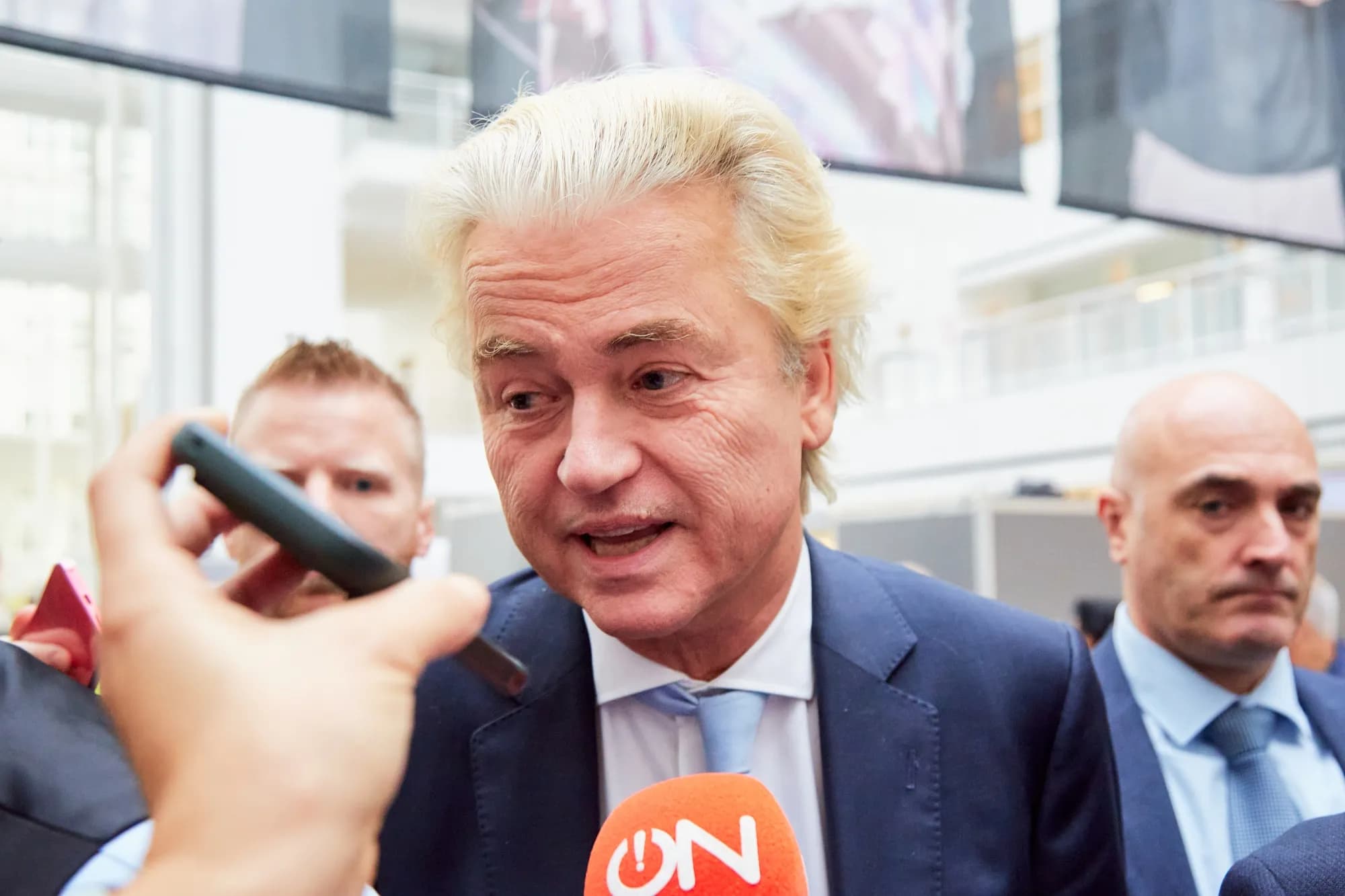We're loading the full news article for you. This includes the article content, images, author information, and related articles.
The dramatic shift in the Netherlands, a key European trade partner for Kenya, could see a more pro-EU, climate-focused government, potentially strengthening diplomatic and economic ties with Nairobi.

GLOBAL – A stunning surge by the centrist, pro-European D66 party in the Netherlands’ general election has dramatically altered the country's political landscape, sidelining the far-right party of Geert Wilders and paving the way for 38-year-old Rob Jetten to potentially become the nation's youngest-ever prime minister. The result signals a significant political shift in a key trading partner for Kenya and the East African region.
As of Thursday morning, 30 October 2025 EAT, with over 98% of votes counted, both D66 and Wilders' anti-immigration Party for Freedom (PVV) were projected to secure 26 seats each in the 150-seat lower house of parliament. While the numbers suggest a dead heat, the political reality is starkly different. Mainstream parties have consistently ruled out forming a coalition with Wilders, effectively blocking his path to power despite his party's significant presence.
This political isolation of the PVV thrusts D66 leader Rob Jetten into the prime position to lead the complex negotiations required to form a new coalition government, a process that is common in the Dutch multi-party system. Jetten celebrated his party's performance, which nearly tripled its previous seat count, as its "best ever result." He told supporters the Dutch people had "said goodbye to the politics of negativity."
The election outcome represents a contest between two opposing visions for the Netherlands and its place in the world. D66, founded in 1966, is a socially liberal and progressive party that champions stronger European cooperation, ambitious climate action, and investment in education. Jetten himself previously served as Minister for Climate and Energy Policy and has been a vocal advocate for policies aligned with the Paris Agreement.
In sharp contrast, Geert Wilders and the PVV advocate for nationalist, anti-immigration policies, including proposals to ban the Quran and close mosques. The party is also deeply Eurosceptic, having previously campaigned for the Netherlands to leave the European Union, a position Wilders has recently moderated to eroding the EU from within. The collapse of the previous government, in which the PVV was a coalition partner, was triggered by disputes over Wilders' hardline asylum policies.
The political direction of the Netherlands carries significant weight for Kenya. The country is Kenya's second-largest export destination in Europe and the primary entry point for Kenyan goods into the EU market. In 2023, Kenyan exports to the Netherlands exceeded KSh 75 billion. The bilateral relationship is particularly crucial for Kenya's horticulture sector, with the Netherlands being the world's largest importer of flowers, a top Kenyan export.
A D66-led government, with its strong pro-EU and internationalist stance, is expected to support stable and open trade policies beneficial to Kenyan exporters. This contrasts sharply with the nationalist and protectionist rhetoric of the PVV, which could have created uncertainty for international trade partnerships. Furthermore, a government led by a former climate minister is likely to prioritize sustainable trade and green logistics, aligning with ongoing joint efforts between Kenya and the Netherlands to develop sea freight for horticultural products to reduce carbon emissions.
Beyond trade, the Netherlands is a key partner in development and diplomacy. A centrist, progressive government is more likely to maintain robust engagement on issues such as regional security, human rights, and development aid. The Dutch government has been a key contributor to people-centered justice programs in Kenya, supported through the United Nations Development Programme. A shift away from the far-right's inward-looking focus could reaffirm and strengthen these collaborative efforts.
Forming a government in the Netherlands is a meticulous process of negotiation that can take months. Jetten will need to build a stable coalition, likely requiring at least four parties to secure a majority in parliament. The final composition of this coalition will determine the precise policy agenda for the next four years.
However, the election on Wednesday, 29 October 2025, has sent a clear signal. Dutch voters have halted the momentum of the far-right and empowered a centrist, pro-European alternative. For Kenya and East Africa, this outcome suggests a continuation of a reliable and strategically important partnership with one of Europe's major economic hubs.
Keep the conversation in one place—threads here stay linked to the story and in the forums.
Sign in to start a discussion
Start a conversation about this story and keep it linked here.
Other hot threads
E-sports and Gaming Community in Kenya
Active 9 months ago
The Role of Technology in Modern Agriculture (AgriTech)
Active 9 months ago
Popular Recreational Activities Across Counties
Active 9 months ago
Investing in Youth Sports Development Programs
Active 9 months ago